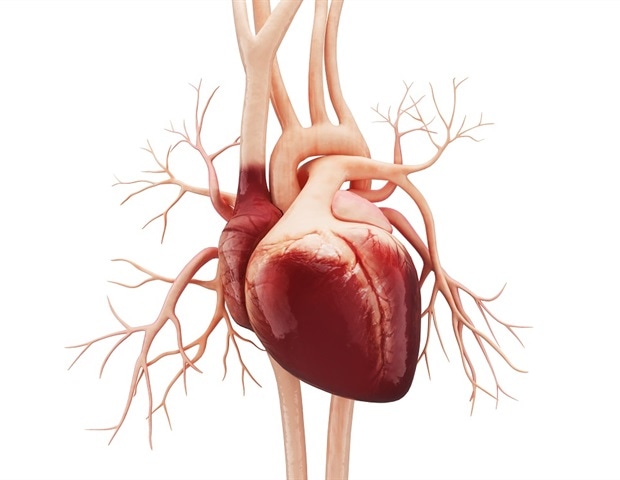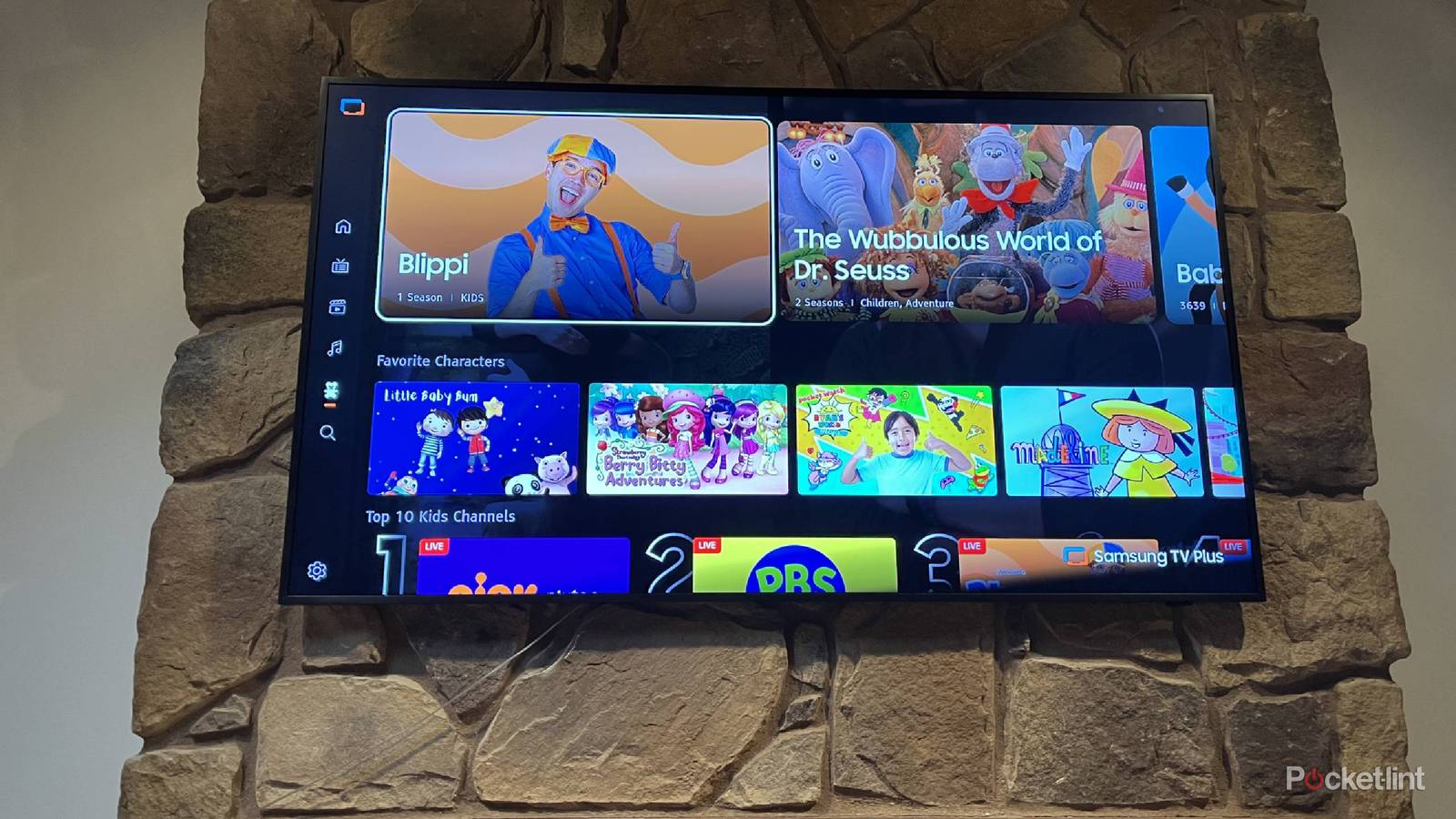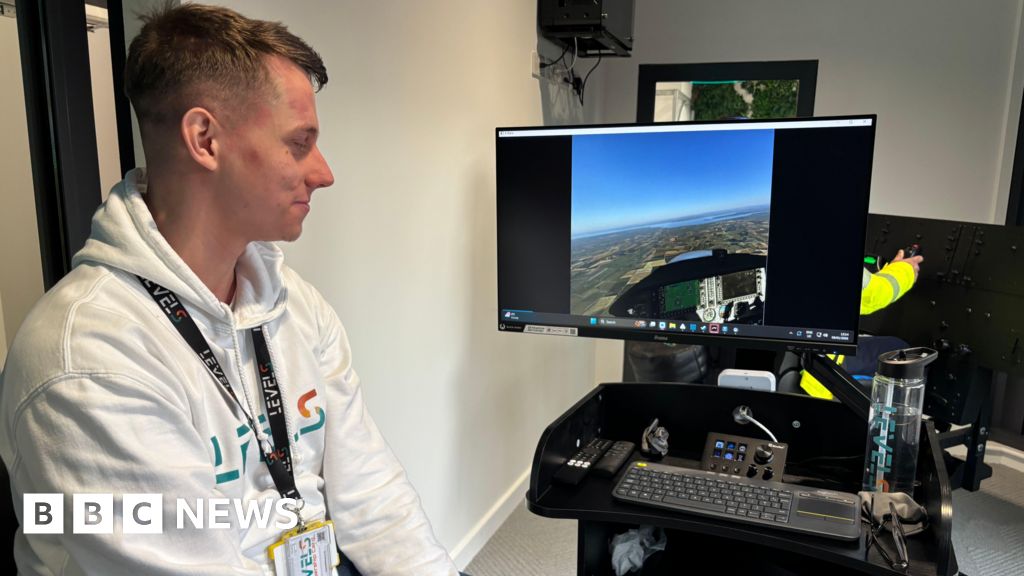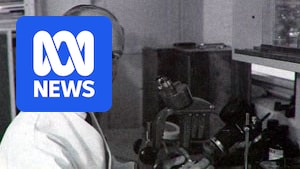
Smartphone stethoscopes, voice-detected heart failure, and training with 3D-printed and virtual hearts are among the groundbreaking innovations showcased at the ESC Digital & AI Summit in Berlin, Germany, from November 21 to 22. This event brings together cardiology professionals, technology experts, and business leaders from around the globe to explore the latest advancements in artificial intelligence (AI) for cardiovascular care.
The summit’s two-day program features 33 live presentations across 13 Pitch Sessions, including two award sessions for the most outstanding demonstrations. Innovations such as Theodor Health’s smartphone stethoscope and Epicardio’s virtual heart simulator highlight the transformative potential of AI in cardiology.
Revolutionary Tools in Cardiology
Theodor Health has developed an app that transforms any smartphone into a digital stethoscope capable of detecting heart conditions like valve diseases and arrhythmias within seconds. The app, currently under development as a medical device, allows users to record heart sounds for 15 seconds, analyze them, and receive a traffic-light assessment with a sensitivity and specificity of over 90% for heart murmurs.
Dr. Maximillian Priebe, founder and CEO of Theodor Health, stated, “Using only a smartphone, doctors and patients can access our website or app worldwide to detect signs of heart disease in 15 seconds and initiate further diagnostics right away.”
Meanwhile, Epicardio’s Virtual CSP offers an interactive real-time 3D simulation of conduction system pacing (CSP). This technique places pacemaker leads along the heart’s natural electrical pathways, promoting more physiological and synchronized heart stimulation. The London-based company has adapted its simulation platform to minimize training on patients, allowing trainees to interact with a virtual heart and generate accurate ECG/CSP signals in real time.
Epicardio co-founder Dr. Vassilios Hurmusiadis explained, “Using this virtual heart training enables hands-on learning of the mechanisms of CSP, conduction abnormalities and their relationship to cardiac anatomy and electrophysiology, in a safe simulated environment away from the patient.”
Voice-Activated Monitoring for Heart Failure
Noah Labs Vox introduces voice-based remote monitoring for chronic heart failure, detecting early signs of deterioration using voice recordings alone. Patients submit a brief, standardized voice sample remotely, which is analyzed by an AI model to identify physiological changes linked to pulmonary congestion and fluid overload. Alerts are issued when the “wetness” score indicates a high likelihood of impending decompensation.
The technology is undergoing evaluation in four complementary studies:
- VAMP-HF: An in-hospital observational study in patients with acute decompensated heart failure.
- TIM-HF3 voice substudy: A multicenter observational study in ambulatory HF patients with weekly voice recordings.
- PRE-DETECT-HF: A multicenter, multilingual observational study in ambulatory HF patients with daily voice recordings and six-month follow-up.
- VAPP-HF: A multicenter, multilingual observational study in ambulatory HF patients with implanted CardioMEMS devices to predict changes in pulmonary arterial pressure from voice.
Implications for the Future of Cardiology
The innovations presented at the ESC Digital & AI Summit underscore the growing role of AI and digital technologies in transforming cardiology. As these tools become more integrated into clinical practice, they promise to enhance diagnostic accuracy, improve patient outcomes, and reduce the burden on healthcare systems.
Experts suggest that the adoption of AI in cardiology could lead to more personalized treatment plans, earlier detection of diseases, and more efficient use of healthcare resources. However, they also caution about the need for rigorous validation and regulatory oversight to ensure patient safety and data privacy.
Looking ahead, the continued collaboration between technology developers, healthcare providers, and regulatory bodies will be crucial in realizing the full potential of these innovations. As AI continues to evolve, its impact on cardiology and broader healthcare is poised to be profound and far-reaching.







